
Get upto 50% off in New Year Offer

Get upto 50% off in New Year Offer

This article delves into the multifaceted role of AI in revolutionizing B2B marketing, exploring its potential to automate tasks, gain deeper customer insights, and create hyper-personalized interactions that foster stronger relationships and boost ROI.
The B2B marketing landscape is undergoing a seismic shift. Gone are the days of siloed data, generic campaigns, and one-size-fits-all approaches. Today, Artificial Intelligence (AI) is rapidly transforming the way businesses connect with their target audiences, personalize experiences, and drive sales.


Imagine a world where repetitive tasks like lead scoring, data entry, and campaign scheduling are handled seamlessly by AI, freeing up your marketing team to focus on high-value activities like strategic planning, creative content development, and building meaningful customer relationships. This is the reality that AI-powered marketing automation tools are making possible.
By automating mundane tasks, AI empowers B2B marketers to:
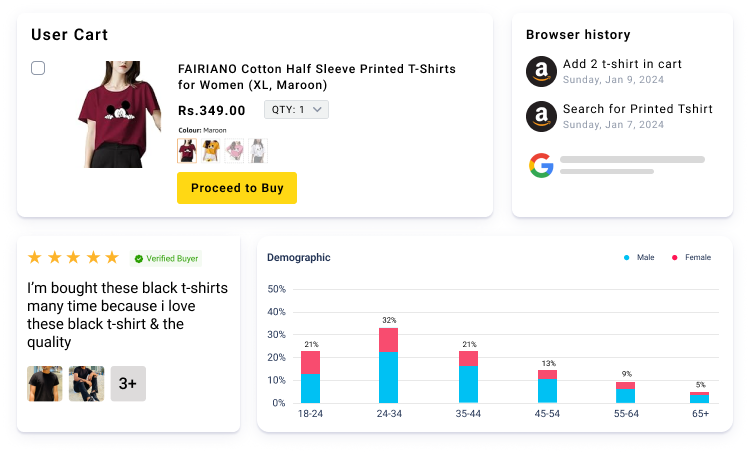
B2B customers are complex beings with unique needs and buying journeys. Understanding these nuances is crucial for crafting effective marketing campaigns and building lasting relationships. This is where AI-powered customer analytics come into play.
AI tools can analyze vast amounts of customer data from various sources, including website interactions, social media engagement, and email communications. This data is then used to:
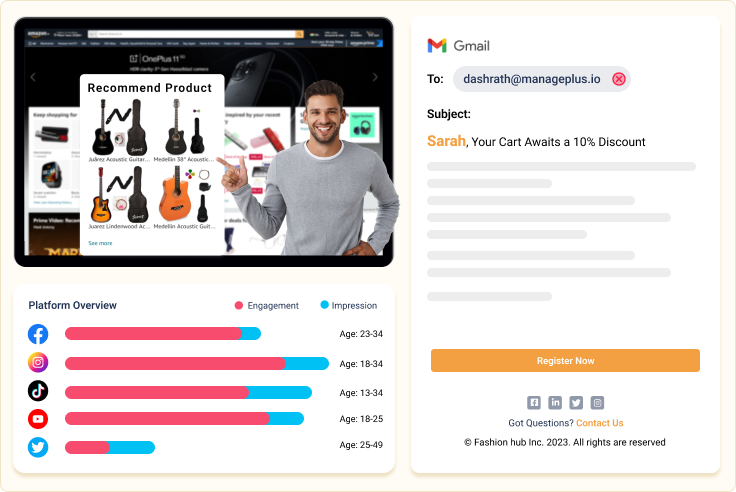
In today’s competitive B2B market, generic messaging simply doesn’t cut it. Customers expect personalized experiences that cater to their specific needs and interests. This is where AI-powered hyper-personalization shines.
AI can be used to personalize every touchpoint in the customer journey, including:
By delivering hyper-personalized experiences, B2B marketers can:
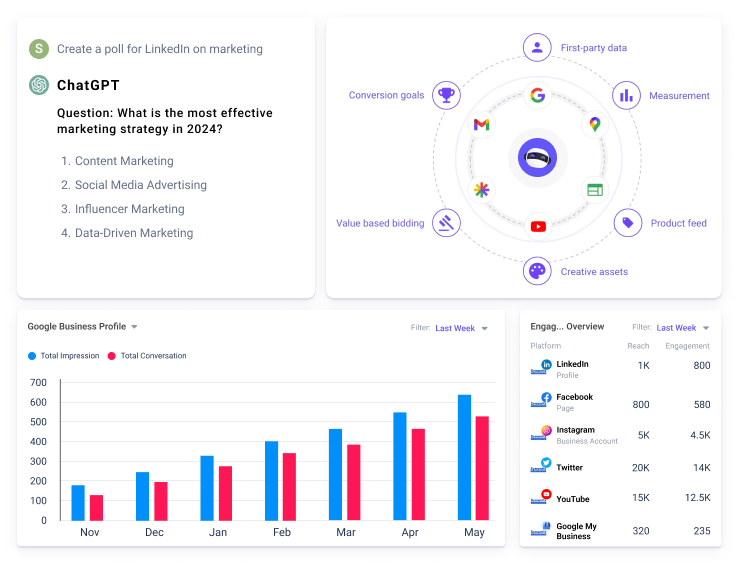
While AI is revolutionizing B2B marketing, it’s important to remember that it’s not a replacement for human creativity and strategic thinking. The future of AI in B2B marketing lies in collaboration, where AI’s analytical power augments human intuition and expertise to create even more effective marketing strategies.
Here are some exciting ways AI and human collaboration can shape the future of B2B marketing:

With great power comes great responsibility. While AI can be a powerful tool for good, it’s crucial to consider its ethical implications. B2B marketers must ensure that they are using AI in a responsible and transparent manner, respecting customer privacy and avoiding bias in algorithms.
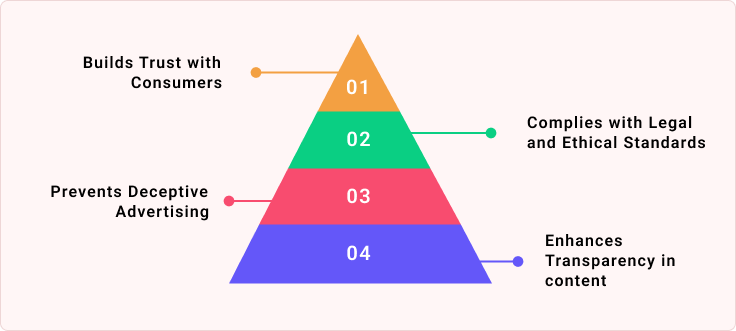
Customers are increasingly aware of the use of AI in marketing. Building trust and transparency will be key for B2B marketers to leverage AI effectively. This involves communicating openly about how AI is being used and ensuring that customer data is handled securely.

It’s crucial to measure the success of AI-powered marketing initiatives to ensure that they are delivering a positive return on investment. B2B marketers should develop clear metrics to track the impact of AI on key performance indicators such as lead generation, conversion rates, and customer satisfaction.
The world of AI is constantly evolving, and B2B marketers must be prepared to learn and adapt. Staying up-to-date on the latest trends and technologies will be essential for leveraging AI effectively and achieving long-term success.
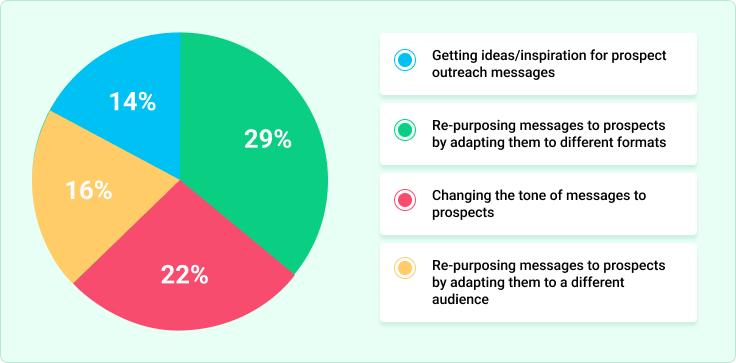
AI is not just a fad in B2B marketing; it’s a transformative force that is here to stay. By embracing AI and its potential, B2B marketers can unlock new levels of efficiency, customer insight, and personalization, ultimately driving business growth and success.
Remember, AI is a tool, not a magic bullet. The key to success lies in understanding its strengths and limitations, using it ethically and responsibly, and combining it with human creativity and strategic thinking.
By embracing this collaborative approach, B2B marketers can harness the power of AI to truly revolutionize the way they connect with their customers and achieve remarkable results.
Also Read | Conquer SERPs in 2024: 15 Free SEO Tools List You Need to Try

Streamline your marketing efforts with AI-powered working design — Organize, collaborate, and optimize your marketing campaigns all in one place!

Join now to shape the future of MangePlus
Don’t miss out
CEO @ ManagePlus | Marketing Automation with AI | Product Development | Software Development